
You may think you’re making a healthier choice by choosing diet soda over regular soda. After all, it has zero calories and no sugar, right? But are you really making the best choice for your health and weight loss goals? In this post, we’ll discuss how regular soda and diet soda compare.
Caffeine Content
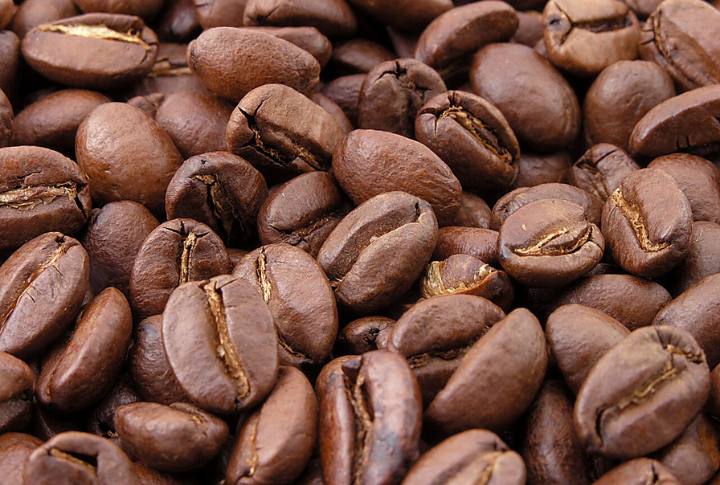
Regular soda typically contains caffeine, albeit in varying amounts, depending on the brand and type. On average, a 12-ounce serving of regular soda may contain around 35 milligrams of caffeine. Diet soda also contains caffeine, but the amount can vary and may be slightly lower than regular soda.
Sugar Content
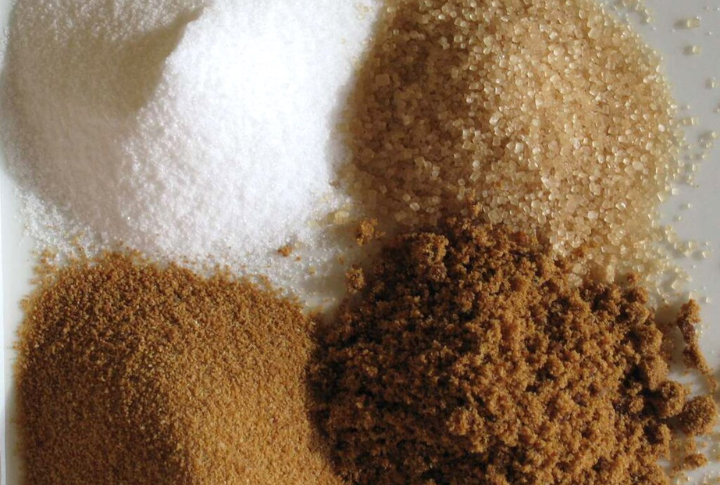
The sugar content in regular soda is around 39 grams per 12-ounce serving, contributing to its high-calorie count. Conversely, diet soda contains artificial sweeteners like aspartame or sucralose, providing sweetness without the caloric load. This distinction makes diet soda preferable for those monitoring their sugar intake.
Ingredients in Regular and Diet Soda
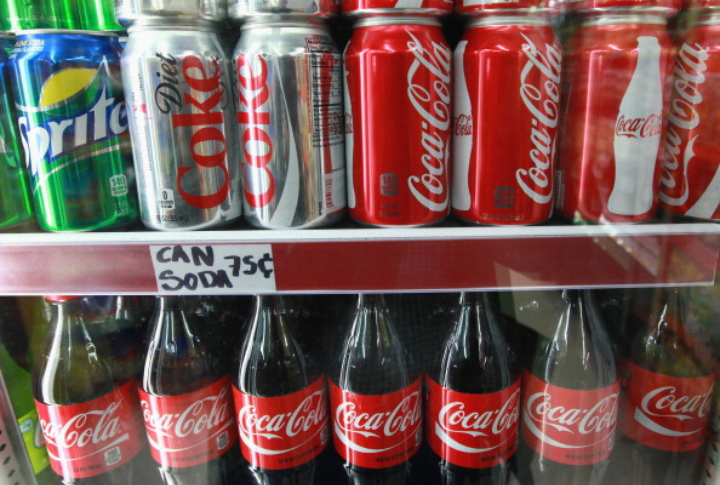
Ingredients in regular soda usually include water, high-fructose corn syrup, flavorings, and preservatives. In contrast, diet soda substitutes sugar with artificial sweeteners like aspartame, sucralose, or stevia, alongside similar flavorings and preservatives.
Type of Sugar in Regular and Diet Soda
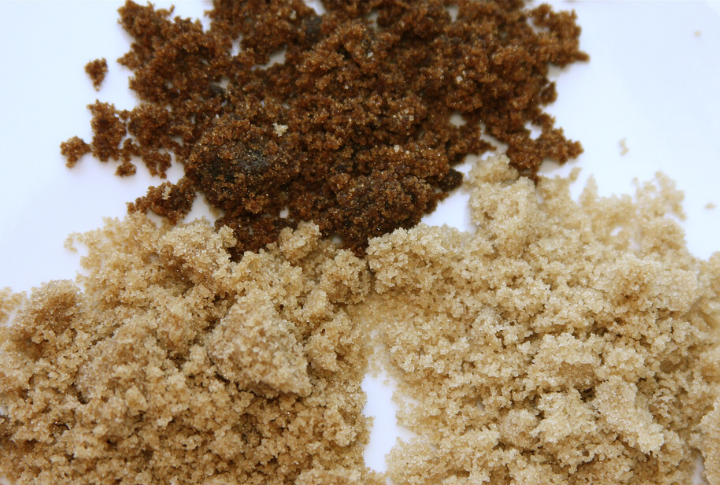
The sugar in regular soda is primarily high fructose corn syrup (HFCS) or sucrose. The sugar is rapidly absorbed into the bloodstream and causes a rise in blood sugar followed by a crash. On the other hand, diet soda relies on artificial sweeteners like stevia, which can still cause insulin spikes and increase your risk of developing type 2 diabetes. However, evidence on the latter is inconclusive, and further research is warranted.
Adverse Effects on Gut Health
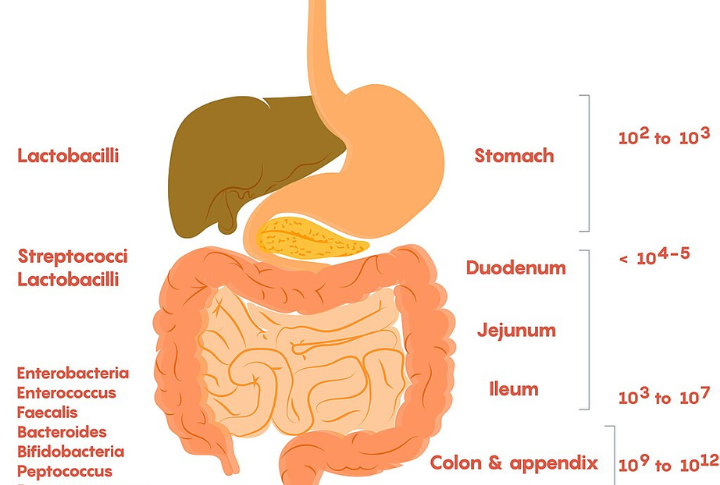
Concerns about regular soda’s impact on gut health revolve around its high sugar content, which can increase the growth of harmful bacteria and contribute to digestive issues. Artificial sweeteners in diet soda can impact the gut because they are not absorbed in the small intestine. However, research has found that only saccharin, sucralose, and stevia alter gut microbiota. For example, certain sodas like Coke Zero contain aspartame, which does not have this effect.
Weight Control

For weight loss, regular soda’s high sugar content can sabotage efforts due to its empty calories. Opting for diet soda, with its lack of sugar or calories, can be a more suitable choice for people who want to reduce calorie intake and manage weight.
Acidity Levels
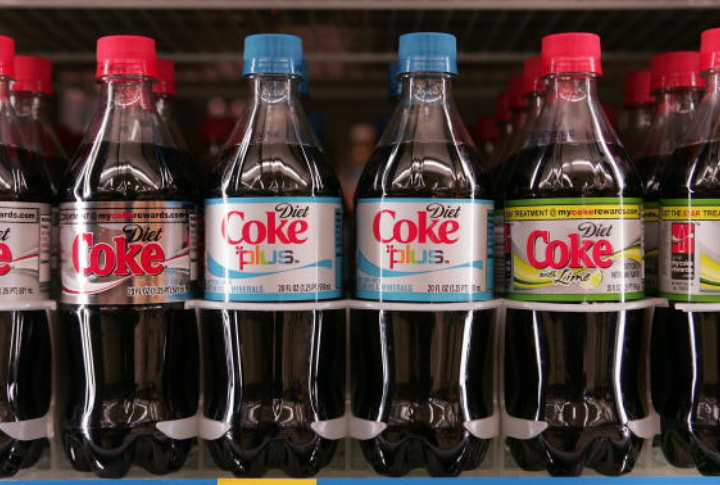
Regular soda tends to have a higher acid content due to phosphoric and citric acid used to enhance flavor and preserve freshness. This acidity can erode tooth enamel and potentially lead to dental issues. Studies on regular Coke showed that it had a higher acidity level compared to diet Coke.
What’s the Verdict?
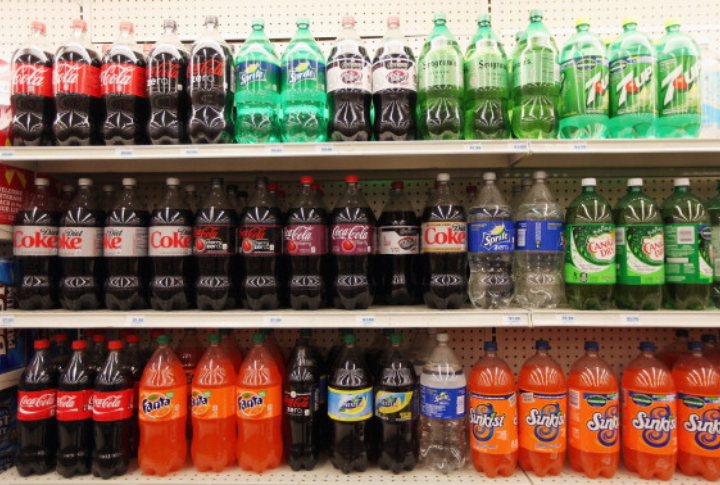
Regular soda may be worse than diet soda as it has higher sugar and acidity levels. Diet soda may be a suitable choice for weight management as it’s lower in calories. However, research is ongoing on the long-term effects of artificial sweeteners, particularly in relation to gut health and potential links to diabetes. As such, water remains the healthiest choice for hydration as it comes without any added sugars, artificial sweeteners, or potential health risks.
